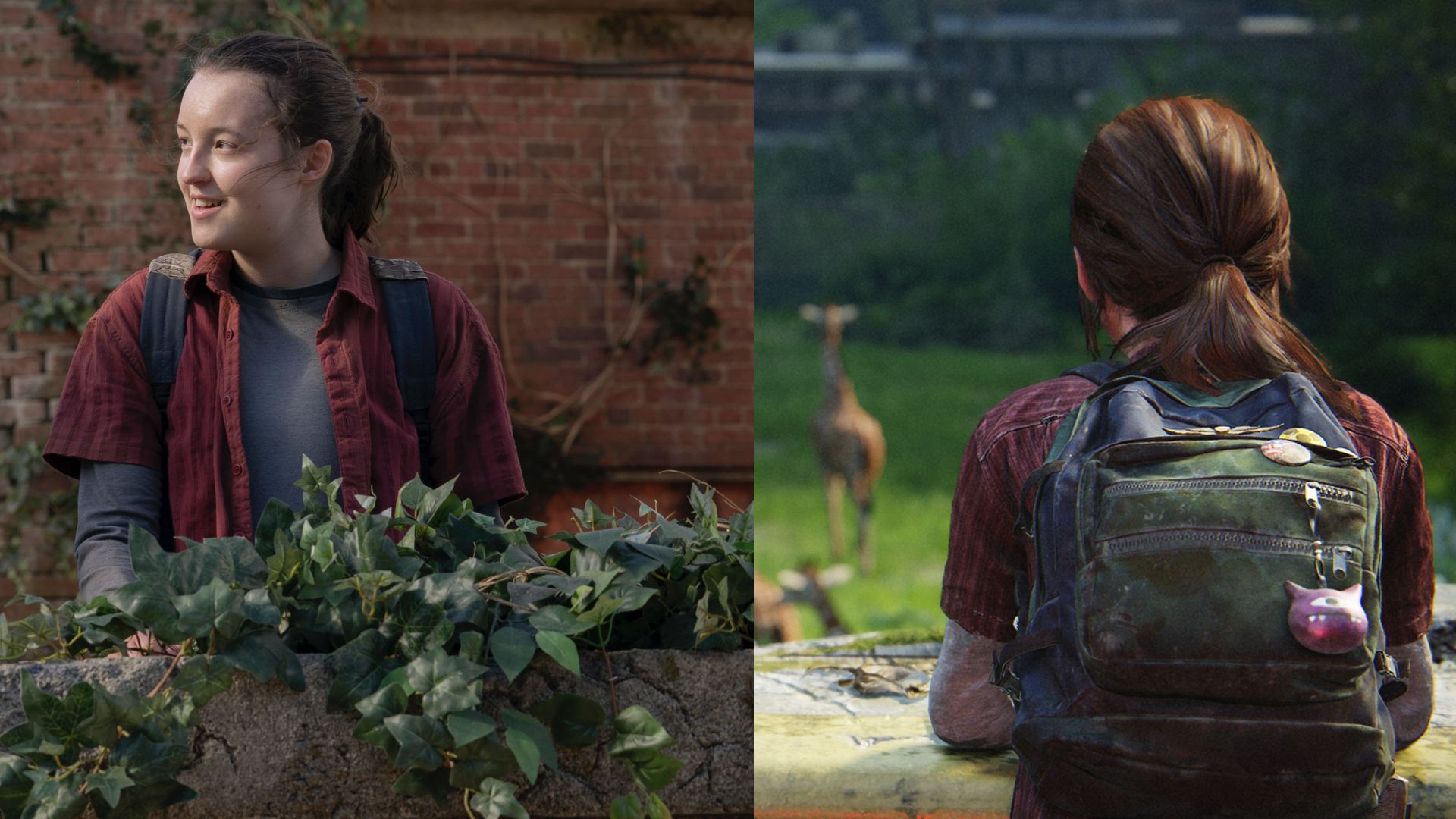
Comment Editor Weronika Białek discuses the nature of video game adaptations and what determines a success and a failure
Recently, there have been many video game adaptations which have gone viral and even been critically acclaimed. These include Arcane which has won 6 Annie awards and 4 Emmys, and Cyberpunk: Edgerunners which was crowned Anime of the Year by the Crunchyroll Anime Awards. Other TV shows, such as The Last of Us is renowned worldwide with the HBO show reaching 943 million viewing minutes.
It seems that the outlook on video game TV and movie adaptations a couple of years ago was much more pessimistic, with adaptations such as multiple Resident Evil titles, Hitman and Tomb Raider underperforming.
This sudden spark in popularity of video game adaptations will no doubt inspire many other TV companies to buy the rights to popular video games and turn them into live action media. However, despite video game adaptations being nothing new, are these adaptations necessary?
The Success of Adaptations
The main reason why it is so popular to adapt video games, books, or even board games into TV series and movies, is because it allows for there to already be a fanbase who will consume these adaptations even if there are no major publicity campaigns for the show or movie. Even if the TV series ends up having a bad storyline, CGI or acting, people who have played the games are likely to nonetheless watch the adaptation to compare it with the video game that they already know and love.
It allows for there to already be a fanbase who will consume these adaptations
This tactic in itself is not problematic, but considering the unique nature of video games, an adaptation will never be truly faithful to its source material, the same way in which a book adaptation will never be able to completely reflect the experience of actually reading the book.
In TV and movie adaptations, the plot will often have to be changed, since a lot of video game playtime is dedicated to shooting things or moving objects for hours, which can’t be added into the adaptation, and so is instead replaced by additional story lines which were not in the video game.

Furthermore, screen writers will often change the narrative or characters to better suit the wider TV and film audience. This is because they hope to not only entice gamers who have already played the video game, but also people who have no interest in video games at all but perhaps are film-fanatics.
Screen writers will often change the narrative or characters
With some video games, the way in which they are adapted for TV makes sense. For example, despite League of Legends having lore attached to it, it is not a video game that is story-line focused, and so it makes sense for a show like Arcane to be inspired by the characters from the game, while having the creative freedom to virtually take the show in whichever direction they want.
Similarly, The Last of Us makes sense as a video game to be adapted into a TV show as the biggest selling point of the video game has always been the story and the growing relationship between Ellie and Joel. The video game was so cinematic to begin with that it transferred naturally into a TV series.
Where Adaptations Fall Short
On the other hand, games such as Tomb Raider or Uncharted may be harder to adapt for the wider public. Despite Lara Croft: Tomb Raider starring Angelina Jolie being a box office success, the critical responses to the movie were generally negative, with it scoring a 20% from critics on Rotten Tomatoes. The 2018 Tomb Raider movie starring Alicia Vikander also did not perform as well as expected and the 2022 Uncharted movie starring Tom Holland received below average ratings.
Games such as Tomb Raider or Uncharted may be harder to adapt for the wider public
The problem with video games such as Tomb Raider is that they don’t have one ongoing storyline that screenwriters can grab onto, but are rather a series of stand-alone adventures. While Lara’s or Drake’s artefact and treasure filled stories are thrilling to experience in the game, they don’t transfer well onto the big screen.
Furthermore, a major reason why games such as Tomb Raider and Uncharted are successful is thanks to their puzzle solving and exploration elements. It is difficult to reflect the built up anticipation of finally solving an ancient puzzle that you have been stuck on for the last hour in a two-hour-long movie.

Final Verdict
As a lover of video games, I will always find myself critical of TV and movie adaptations of my favourite titles, and this can probably be said for most gamers. However, video game adaptations are clearly a market that will not disappear in the future, and even though I think that some video games perform better as adaptations than others, we will no doubt see most AAA video game titles be turned into TV series or movies. All that we can do as an audience is wait and see if the adaptations do our beloved games justice, or if they end up a flop which we choose to forget.
Watch the trailers for The Last of Us video game and tv show here:
Read more gaming opinions here:
Console Wars and Gaming Toxicity
Microsoft buys Zenimax: Stop cheering for corporate takeovers

Comments